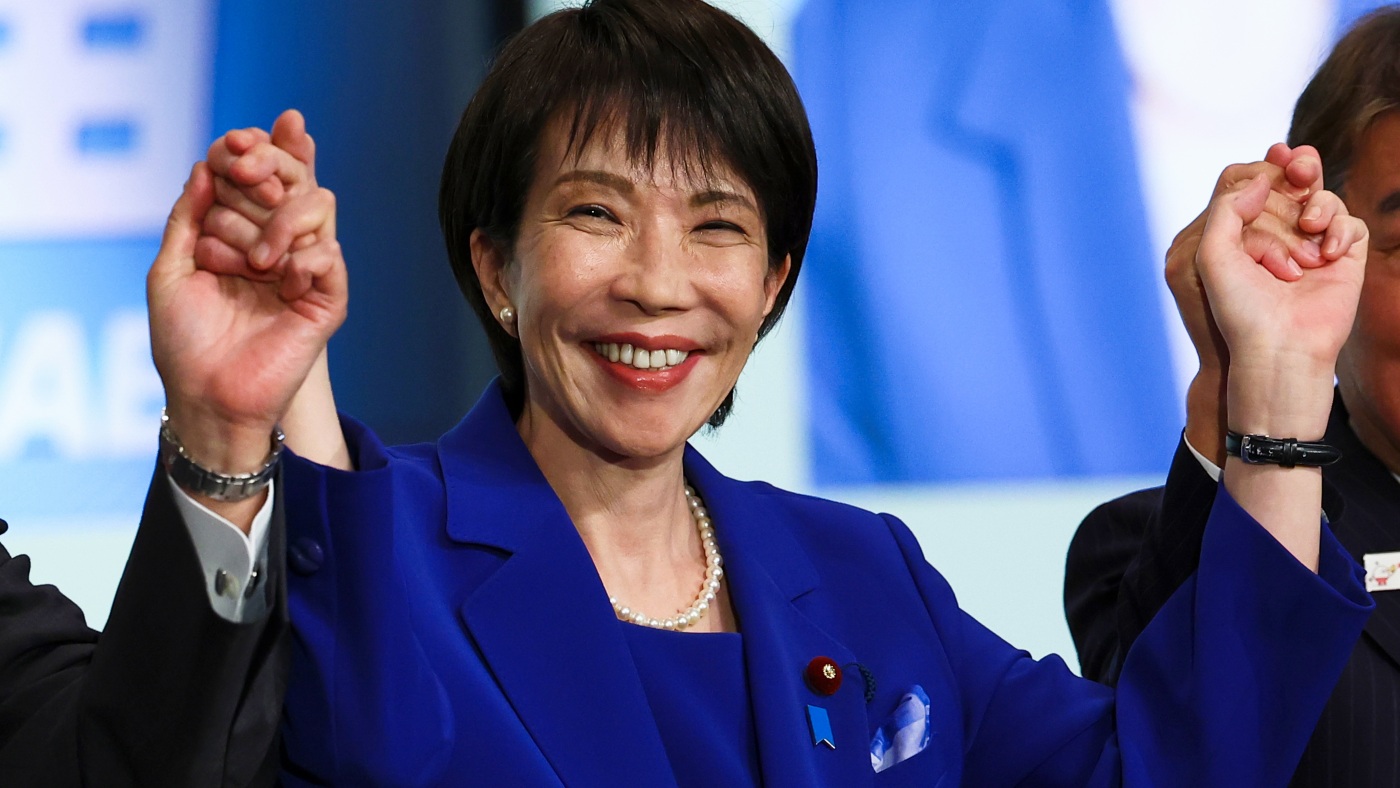Japan's governing Liberal Democratic Party (LDP) on Saturday elected former Economic Security Minister Sanae Takaichi as its new leader, making her likely to become the country's first female prime minister in its modern history.
Takaichi, 58, defeated three male candidates in a runoff vote after none secured a majority in the first round. Her victory represents a historic moment for Japan, which has long struggled with gender equality in politics and corporate leadership.
Conservative Stance
Takaichi is known for her hard-line conservative positions, particularly regarding China and national security. She has consistently advocated for increased defense spending and stronger alliances with the United States and other democratic nations in the Indo-Pacific region.
"We must stand firm against authoritarian regimes that threaten regional stability," Takaichi said in her victory speech. "Japan will lead by example in defending democratic values and human rights."
Her election comes amid growing tensions in East Asia, with China's military expansion and North Korea's nuclear program presenting ongoing challenges for Japanese security policy.
Economic Priorities
As Economic Security Minister, Takaichi played a key role in Japan's efforts to reduce dependence on Chinese supply chains, particularly in critical technologies like semiconductors and rare earth materials. She is expected to continue these policies as prime minister.
"Economic security is national security," Takaichi emphasized during the campaign. "We must ensure Japan's technological independence while maintaining strong partnerships with trusted allies."
Domestic Challenges
Takaichi faces significant domestic challenges, including Japan's aging population, economic stagnation, and the need for structural reforms. She has pledged to address these issues while maintaining fiscal discipline.
"We must balance economic growth with fiscal responsibility," she stated. "Japan's future prosperity depends on innovation, productivity, and sustainable development."
International Reaction
International leaders have congratulated Takaichi on her historic election. U.S. President Donald Trump called her victory "a great step forward for Japan and our alliance," while South Korean President Yoon Suk-yeol expressed hope for improved bilateral relations.
Chinese officials have been more cautious in their response, with Foreign Ministry spokesperson Wang Wenbin stating that China hopes Japan will "play a constructive role in regional peace and stability."
Takaichi is expected to be formally elected as prime minister by Japan's parliament next week, marking the end of a political era dominated by male leadership and potentially ushering in a new chapter for Japanese politics.











